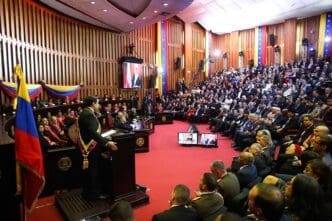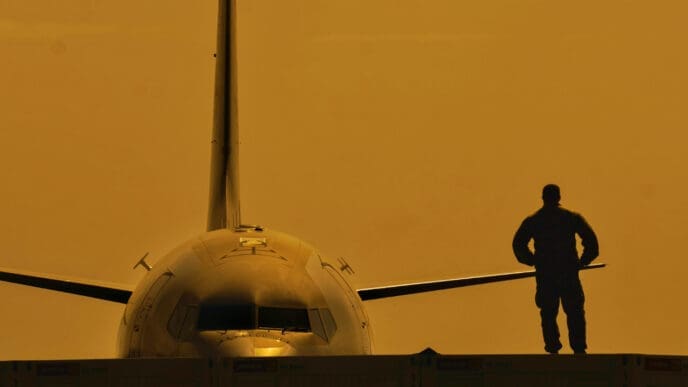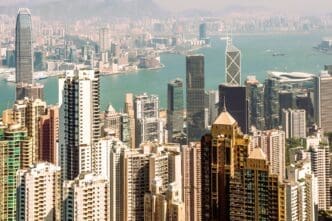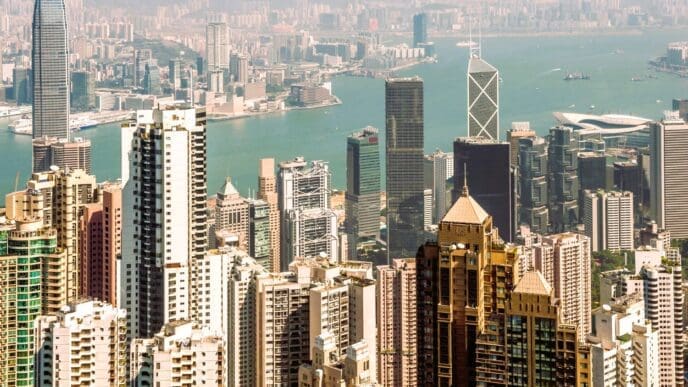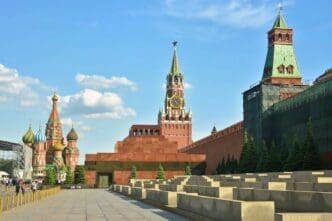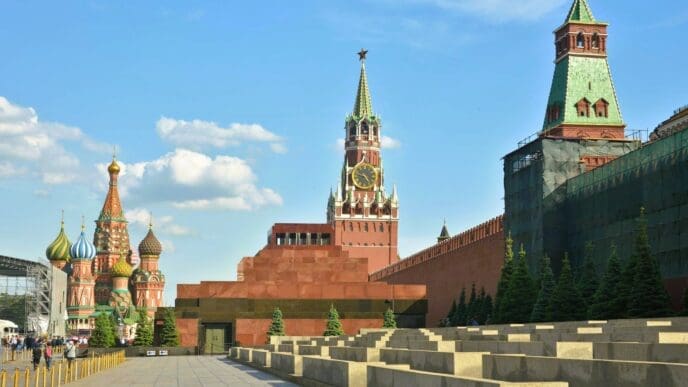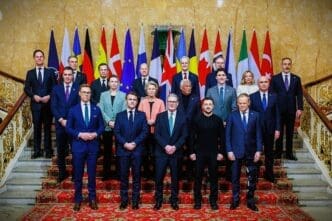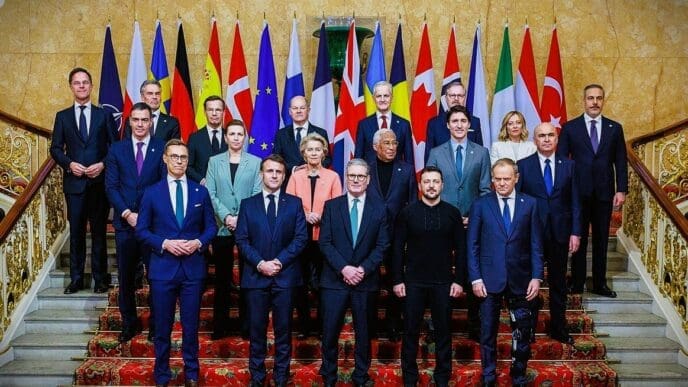Executive Summary
The Story So Far
Why This Matters
Who Thinks What?
Venezuelan President Nicolás Maduro has publicly emphasized his nation’s close relationship with China, including receiving a “gift” from Chinese President Xi Jinping, as the United States escalates pressure and deploys military assets near Venezuelan waters. This public rapprochement comes amid heightened tensions, with Beijing vocally opposing the U.S. military presence and Washington’s stance on Venezuela’s internal affairs, while Caracas seeks to leverage its economic and diplomatic ties with the Asian power.
Diplomatic Signals Amid Rising Tensions
During a recent speech about education, President Maduro showcased a new Huawei cell phone, which he claimed was a gift from President Xi Jinping, stating he uses it for satellite communication with the Chinese leader. This gesture, including a brief, feigned Mandarin phone call, was interpreted as a deliberate public display of Venezuela’s efforts to strengthen its bond with China amidst ongoing friction with the United States.
Further underscoring these ties, Maduro met with Lan Hu, China’s ambassador to Venezuela, celebrating progress in economic, scientific, technological, and artificial intelligence cooperation. Ambassador Hu, appointed in May 2023, has consistently praised bilateral relations and criticized what he terms “unilateral coercive measures” imposed by the U.S. against developing nations.
Geopolitical Standoff
The Chinese Foreign Ministry also issued a strong statement rejecting the “threat of the use of force” following a recent U.S. military deployment in Caribbean waters near Venezuela. Mao Ning, a spokesperson for the ministry, asserted China’s opposition to any actions violating the UN Charter or interfering in Venezuela’s internal affairs, urging the U.S. to promote peace in the region.
The U.S. deployment includes a nuclear-powered attack submarine, P8 Poseidon reconnaissance jets, destroyers, and a guided-missile cruiser. This military presence coincides with the U.S. intensifying its narrative regarding alleged drug trafficking by Maduro’s government. In response, President Maduro announced the deployment of 4.5 million militiamen across Venezuela, vowing that “no empire is going to touch the sacred ground of Venezuela.”
Economic Ties and Strategic Interests
For Caracas, navigating a deep political and economic crisis, the relationship with Beijing has provided significant commercial utility. An expert in Latin American Studies from Universidad Nacional Autónoma de México (UNAM) noted that China’s economic support has been crucial in preventing a deeper economic downturn in Venezuela, with China benefiting from a trade surplus.
Beyond defending the Venezuelan government, China’s primary interest lies in securing access to the region’s energy resources, according to the UNAM expert. A private Chinese company recently began exploiting two oil fields in Venezuela and plans to invest over $1 billion to produce 60,000 barrels per day of crude by late 2026 under a 20-year production-sharing contract signed in 2024.
Limits of Chinese Support
Despite the mutual economic benefits, President Maduro remains largely isolated internationally. While China’s public stance against the U.S. military deployment is significant globally, an analyst at the Uruguay-based think tank Centro de Estudios de la Realidad Económica y Social (CERES) suggests it is a “politically correct statement” that does not imply direct intervention. The analyst explained that China’s position, while expected, does not signal any specific action to militarily support Venezuela in a conflict.
In conclusion, President Maduro’s overt demonstrations of affinity for China underscore Venezuela’s strategy to counter U.S. pressure through strengthening ties with a major geopolitical rival. While China offers rhetorical support and tangible economic benefits, analysts suggest its public statements do not necessarily translate into direct military intervention, highlighting the complex and transactional nature of these international relationships amidst escalating regional tensions.

